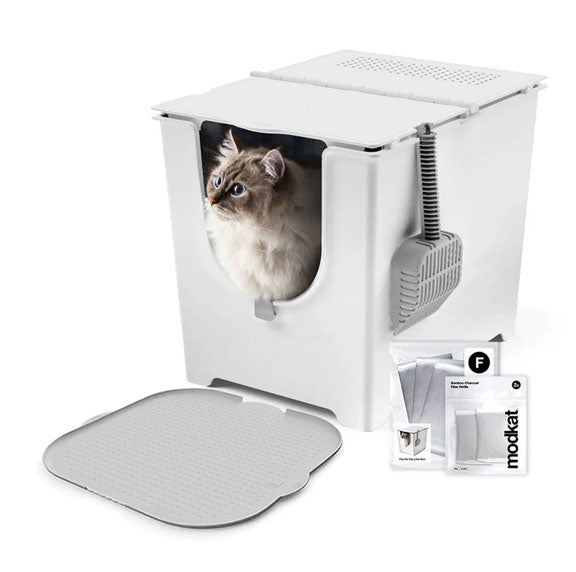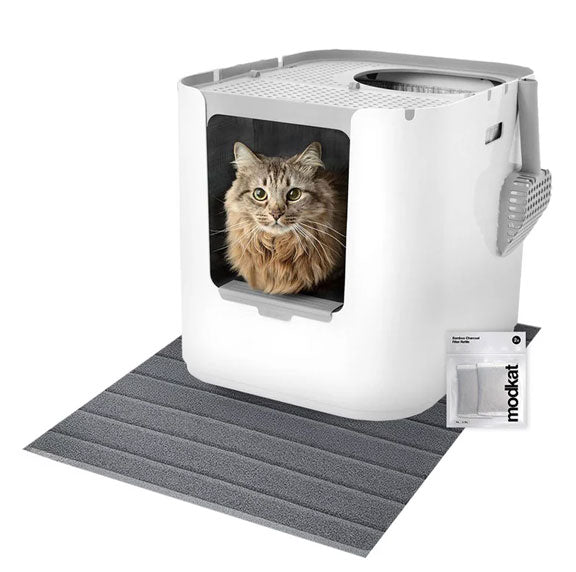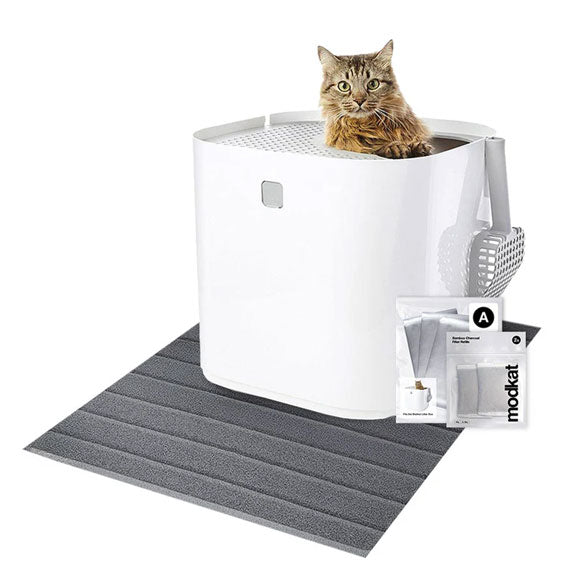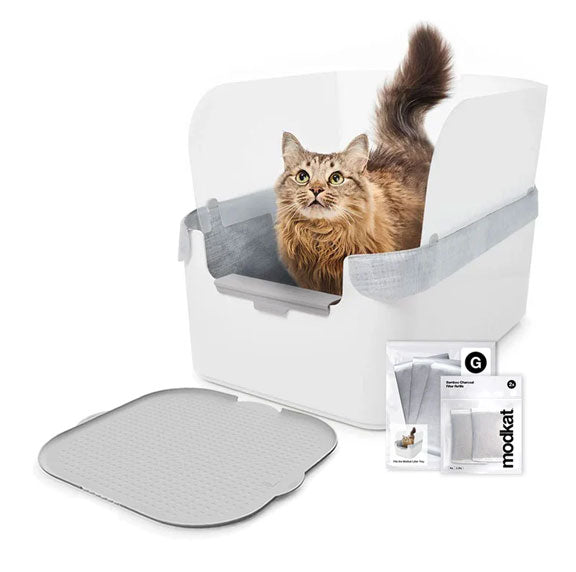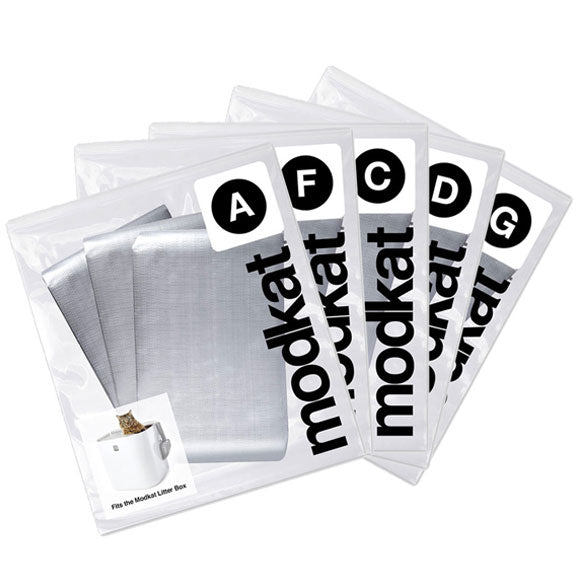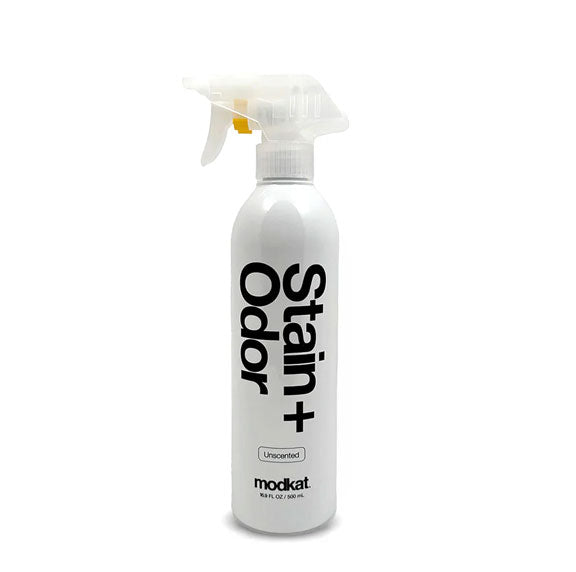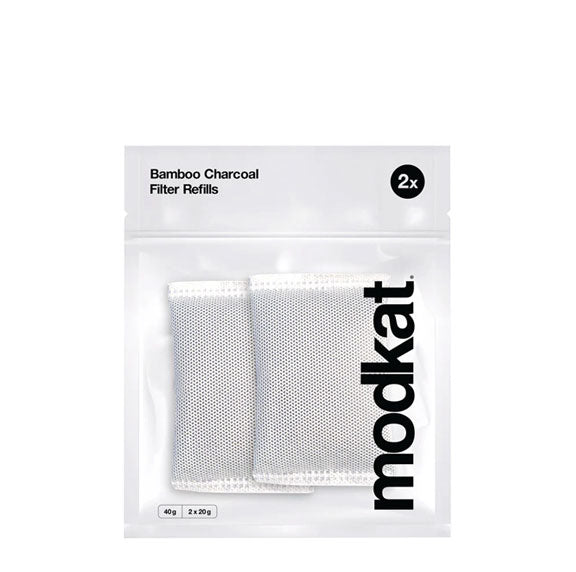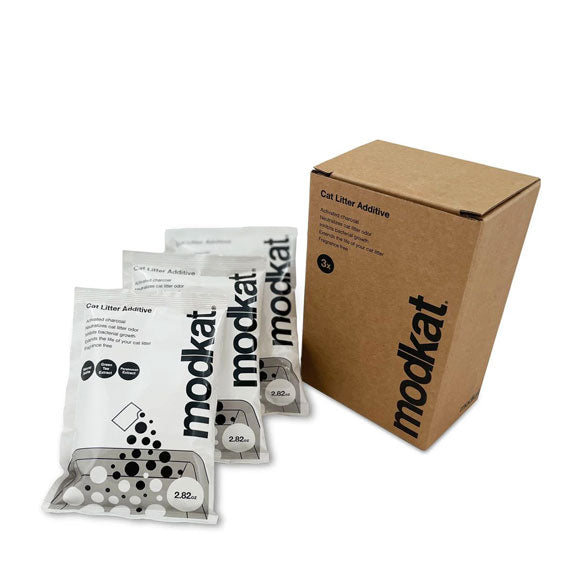Litter Boxes
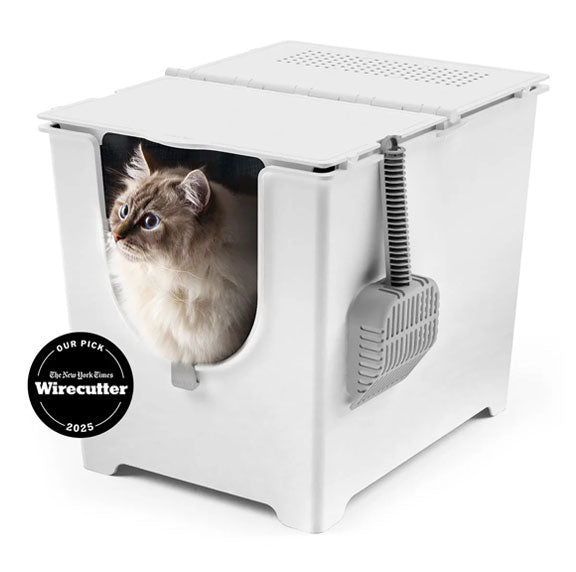
Modkat Flip
Front-Entry Litter Box
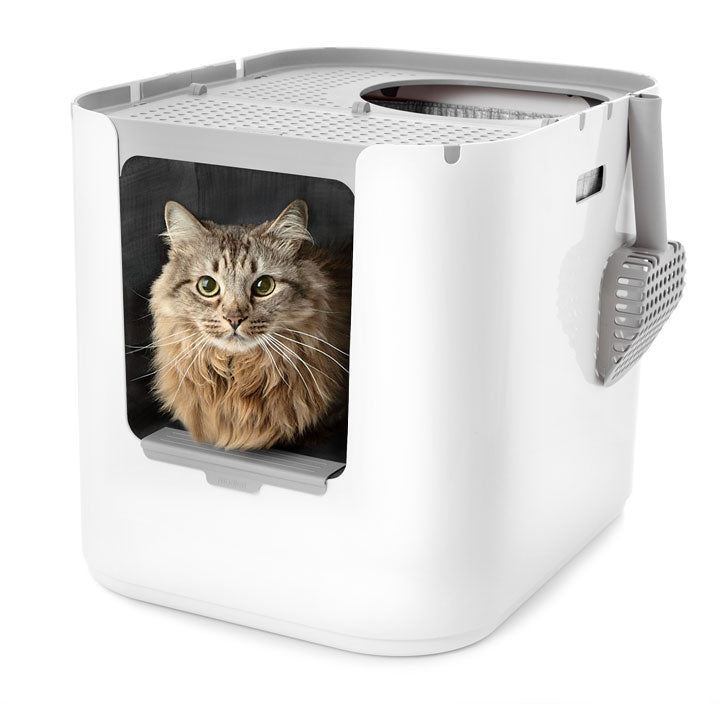
Modkat XL
Front/Top-Entry Litter Box
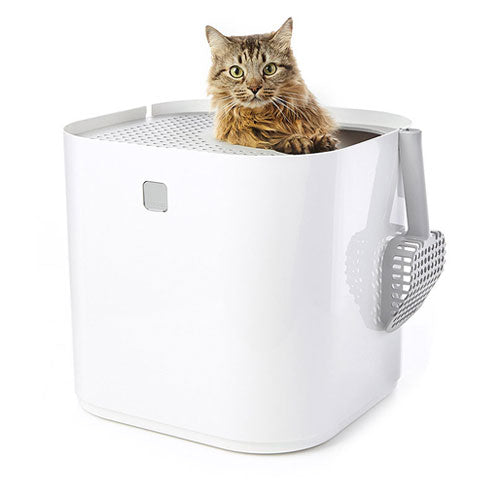
Modkat
Top-Entry Litter Box
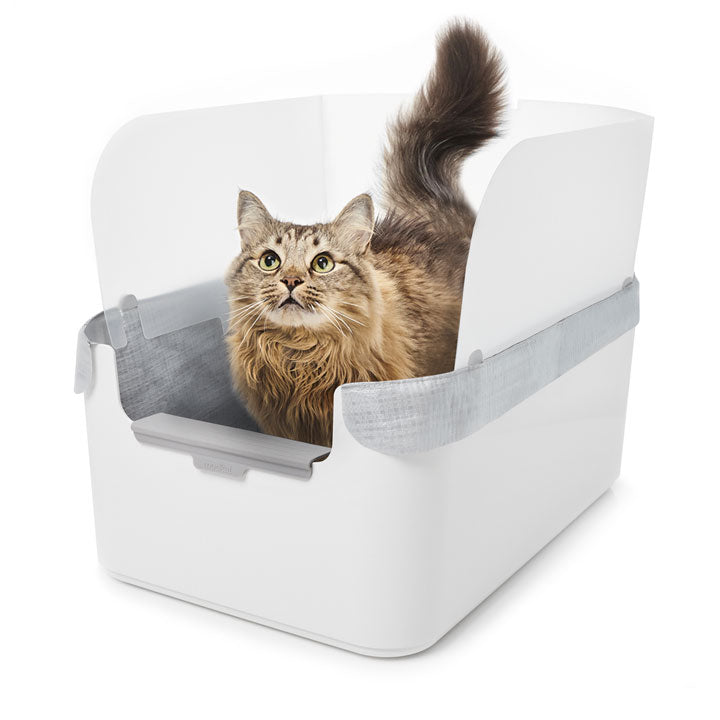
Modkat Tray
Open Litter Box
Starter Kits
Essentials
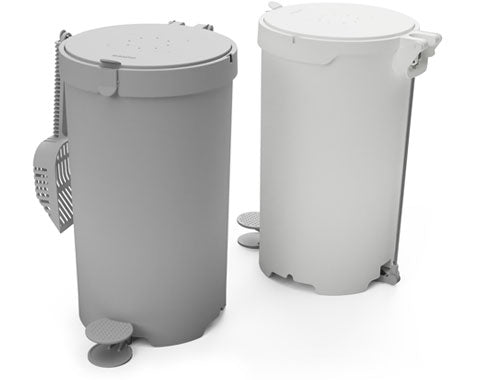
Litter Keeper
Two colors
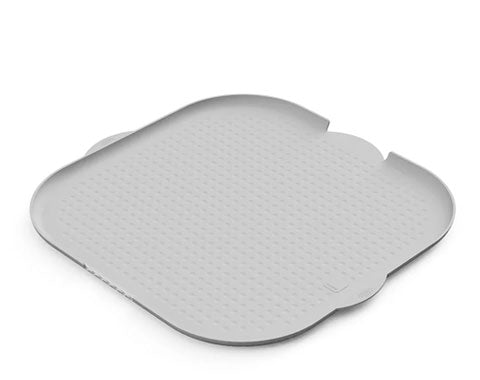
Litter Mats
Multiple styles, colors & sizes
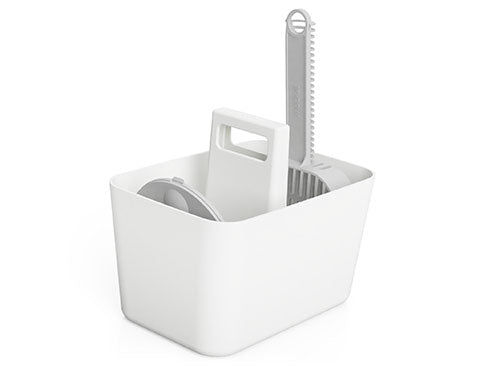
Tidy-Up Kit
Scoop holder & dustpan

Lounge + Play
Scratchers & toys
Refills
Add description, images, menus and links to your mega menu
A column with no settings can be used as a spacer
Link to your collections, sales and even external links
Add up to five columns
Add description, images, menus and links to your mega menu
A column with no settings can be used as a spacer
Link to your collections, sales and even external links
Add up to five columns
Can cats eat cilantro: understanding what your cat can and can’t eat.
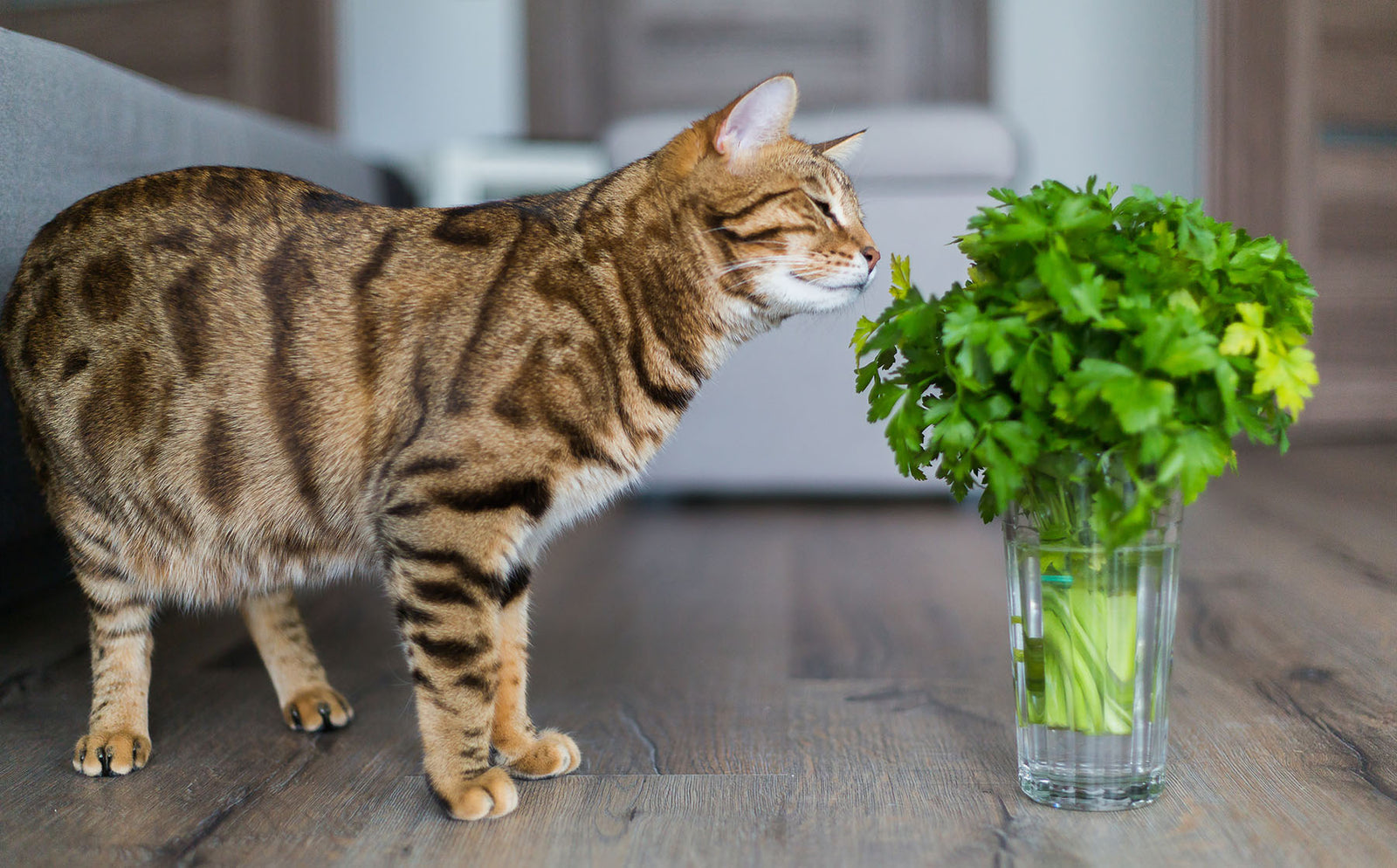
If your curious cat loves to nibble on plants, it’s important to know what’s safe for them to ingest. This is especially true for common herbs like cilantro that you may have growing on your windowsill or out in the garden.
To cut to the chase, cilantro is safe for cats to eat in moderation. But that doesn’t mean it needs to be a part of your cat’s daily diet.
Read on to learn more about how much cilantro is safe for cats along with some other herbs that are safe and some that should be avoided.
Is cilantro safe for cats?
Cilantro is safe for cats to eat, provided they consume it in moderation.
Feeding your cat large quantities of cilantro — or any other kind of people food, for that matter — can lead to digestive issues, such as vomiting or diarrhea. To prevent any potential health problems, it is best to limit their consumption.
Why do cats like cilantro?
Cats possess a natural instinct to explore and nibble on plants, and cilantro is no exception.
In terms of nutritional benefits, cilantro is a good source of antioxidants, vitamins, and minerals. It can provide your cat with small amounts of nutrients such as vitamin A, vitamin C, and potassium. However, it is important to remember that cats have specific dietary requirements, and their primary source of nutrition should come from high-quality cat food.
However, it is important to note that cilantro should not replace a balanced feline diet. It should be considered more of a special treat rather than a staple food.
Not all of our feline friends enjoy the herb's distinctive taste, of course. Some cats may be indifferent to cilantro, while others may be interested in it. If your cat enjoys nibbling on cilantro, it is generally safe for them to do so. However, it is important to ensure that they only have a small amount.
In short, while cilantro leaves can be a safe and tasty treat for your cat, they should not be a significant part of your pet's diet.
Potential risks & benefits of cilantro for cats.
While cilantro is generally safe for cats in moderation, be sure to consider these potential risks and benefits.
Benefits of Cilantro for Cats |
Risks of Cilantro for Cats |
| Cilantro is high in antioxidants, which help combat oxidative stress and reduce inflammation in the body. | Feeding your cat too much cilantro can lead to digestive issues such as vomiting or diarrhea. |
| Cilantro contains vitamins A and C, which can support immune function and promote overall health in cats. | Some cats may be allergic to cilantro, so it's important to monitor their reaction when introducing this herb into their diet. |
| Cilantro contains lutein, an element that can improve skin and eye health. | Most cats will not enjoy the herb's strong taste. |
| Cilantro is rich in fiber, collagen, and vitamin K, which all foster feline health. | Cats are generally carnivores, not omnivores, so they draw few benefits from including cilantro in their diets. |
If you're unsure about whether cilantro is safe for your cat, it's always best to consult with your veterinarian. They can provide guidance specific to your cat's individual needs and ensure they're getting the right balance of nutrients.
What other herbs can cats eat?
Outdoor cats may nibble a lot of herbs. In general, that's okay, since most cats instinctively avoid munching on anything that can harm them. If you are growing an herb garden, however, you do want to be careful about keeping the safe plants away from the dangerous ones.
Popular cat-friendly herbs include parsley, catnip, and basil. Cats often enjoy the taste of parsley and it can provide them with some nutritional benefits, such as being a good source of vitamin C and promoting healthy digestion.
Catnip is not only safe for cats to eat, but it can also have a stimulating and calming effect on them. It's a great herb to use as a treat or as a way to encourage your cat to play. Basil, another common herb, can provide your pet with antioxidants and other nutrients.
You want to avoid plants like chives, leeks, and onions, as they can be toxic to cats and can cause serious health issues. It's always best to research and consult with your veterinarian before introducing new herbs or foods into your cat's diet.
As long as you are cat is consuming healthy foods under a feline-friendly vet's direction, you can be assured that your pet will have a healthy output as well. A good diet will keep the litter box full.
Shop the Modkat litter boxes and accessories to freshen up your cat litter area today!
“It looks nicer than any other hooded or open option we considered.”

Categories
Meow from Brooklyn.
Sign up and get early access to product drops, exclusive offers, and the occasional cat meme.
Similar products related to this blog:
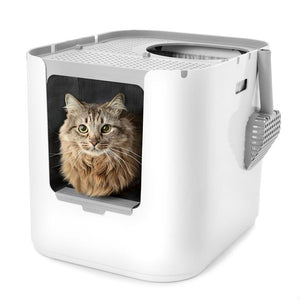
"It looks nicer than any other hooded or open option we considered."

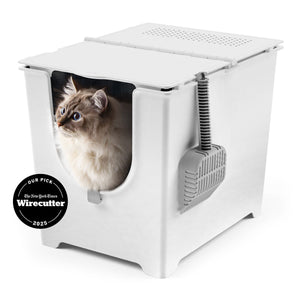
"This litter box keeps everything in, nothing gets out the sides."
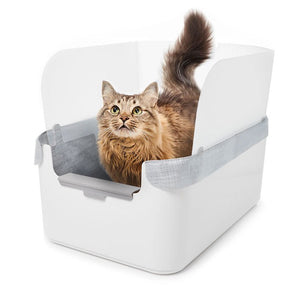
"My beautiful ragdoll cat and I both love the new Modkat Litter tray!"

